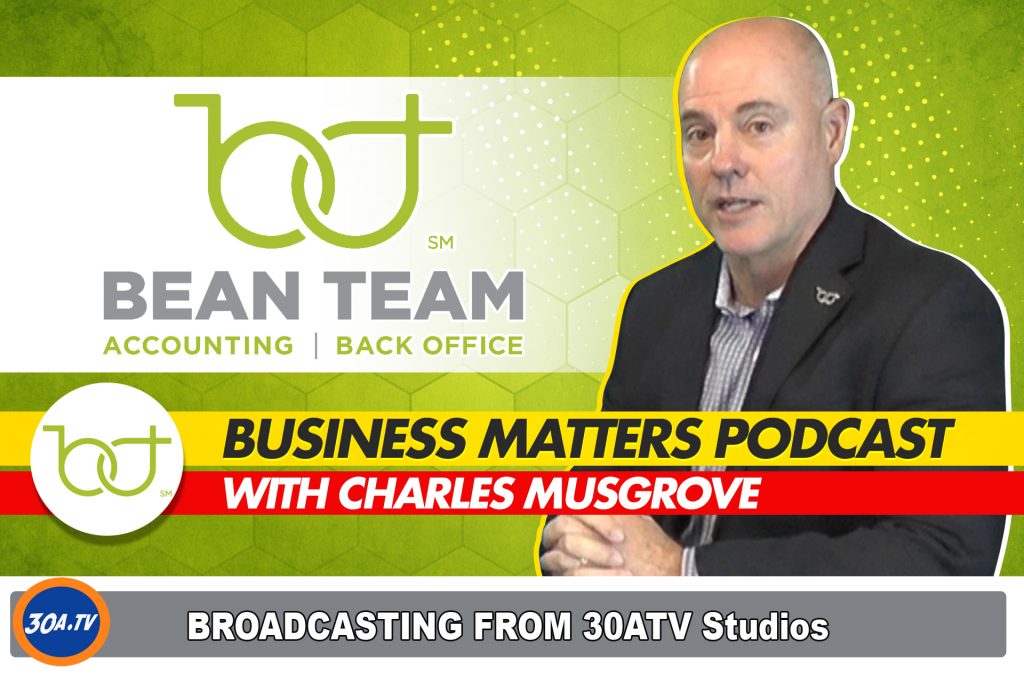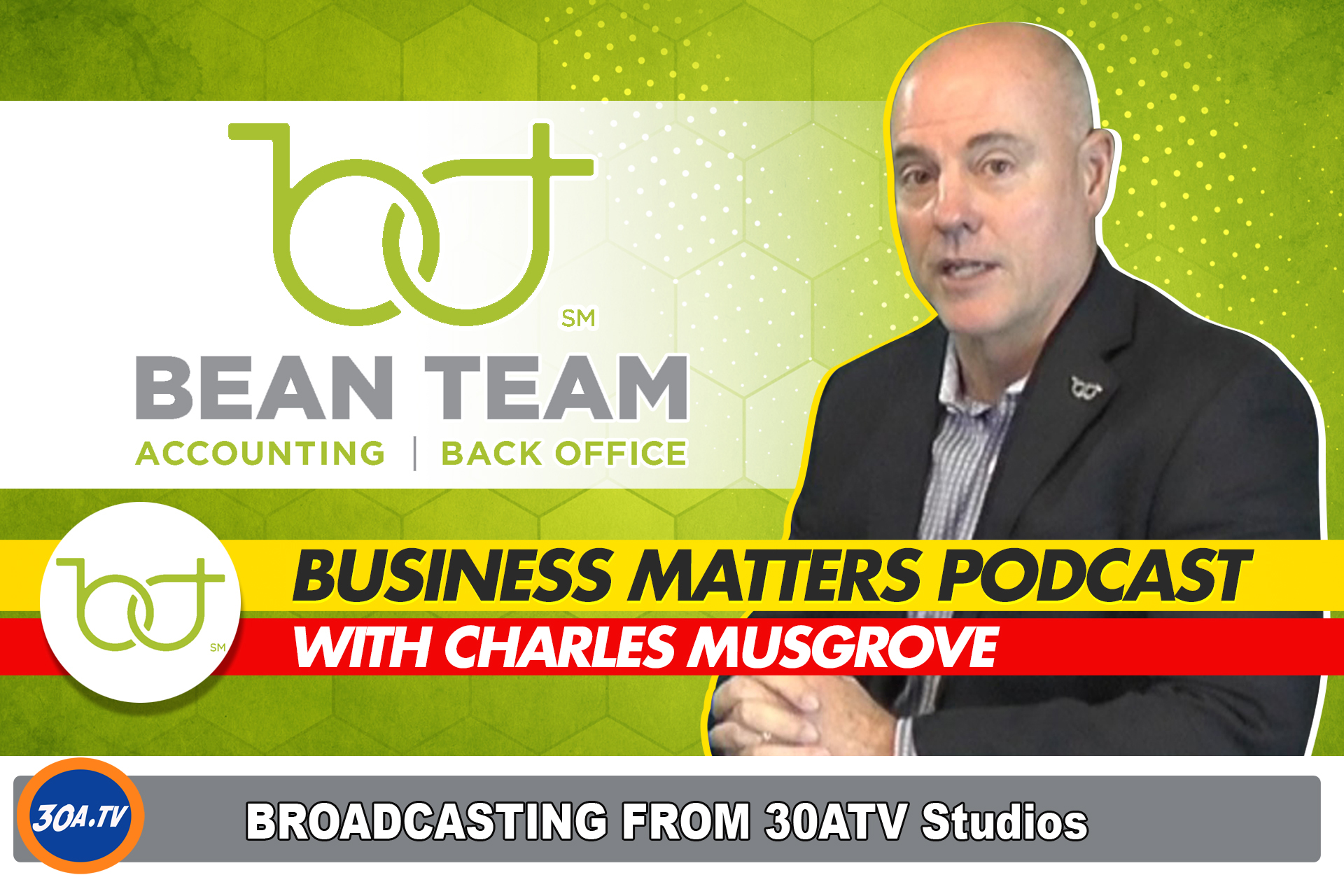

#coronavirus #economy #recovery
In this episode, Charles Musgrove talks with FSU Economics Professor and author, Joe Calhoun about the economic impact the Coronavirus will have on the US economy. We talk about the the expected economic recovery period, the pent up demand that will help the recovery and the fall-out. We also talk about the decision for FSU to move to on-line education delivery for the remaining of the Spring semester.
From the book that Joe coauthored, Common Sense Economics: What Everyone Should Know About Wealth and Prosperity
Life is about choices, and economics is about how incentives affect those choices and shape our lives. Choices about our education, how we spend and invest, what we do in the workplace, and many other personal decisions will influence our well-being and quality of life. Moreover, the choices we make as voters and citizens affect the laws or “rules of the game,” and these rules exert an enormous impact on our freedom and prosperity. To choose intelligently, both for ourselves and for society generally, we must understand some basic principles about how people choose, what motivates their actions, and how their actions influence their personal welfare and that of others. Thus, economics is about human decision-making, the analysis of the forces under lying choice, and the implications for how societies work.
Element 1.1 Incentives Matter:
All of economics rests on one simple principle: Changes in incentives influence human behavior in predictable ways. Both monetary and nonmonetary factors influence incentives. If something becomes more costly, people will be less likely to choose it. Correspondingly, when the benefits derived from an option increase, people will be more likely to choose it.
This basic postulate explains how changes in market prices alter incentives in a manner that works to coordinate the actions of buyers and sellers. If buyers want to purchase more of an item than producers are willing (or able) to sell, its price will soon rise. As the price increases, sellers will be more willing to provide the item while buyers purchase less, until the higher price brings the amount demanded and the amount supplied into balance. At that point the price stabilizes.
Element 1.2 There is no such thing as a free lunch:
Because we cannot have as much of everything as we would like, we are forced to choose among alternatives. There is “no free lunch.” Doing one thing makes us sacrifice the opportunity to do something else we value. This is why economists refer to all costs as opportunity costs.
It is often said that some things are so important that we should do them without considering the cost. Making such a statement may sound reasonable at first thought, and may be an effective way to encourage people to spend more money on things that we value and for which we would like them to help pay. But the unreasonableness of ignoring cost becomes obvious once we recognize that costs are the value of forgone alternatives (that is, alternatives given up). Saying that we should do something without considering the cost is really saying that we should do it without considering the value of the alternatives. When we choose between mutually exclusive (but equally attractive) alternatives, the least-cost alternative is the best choice.
(1)
The post The economic impact the Coronavirus will have on the US economy. appeared first on 30A TV Video.

Be the first to comment on "The economic impact the Coronavirus will have on the US economy."